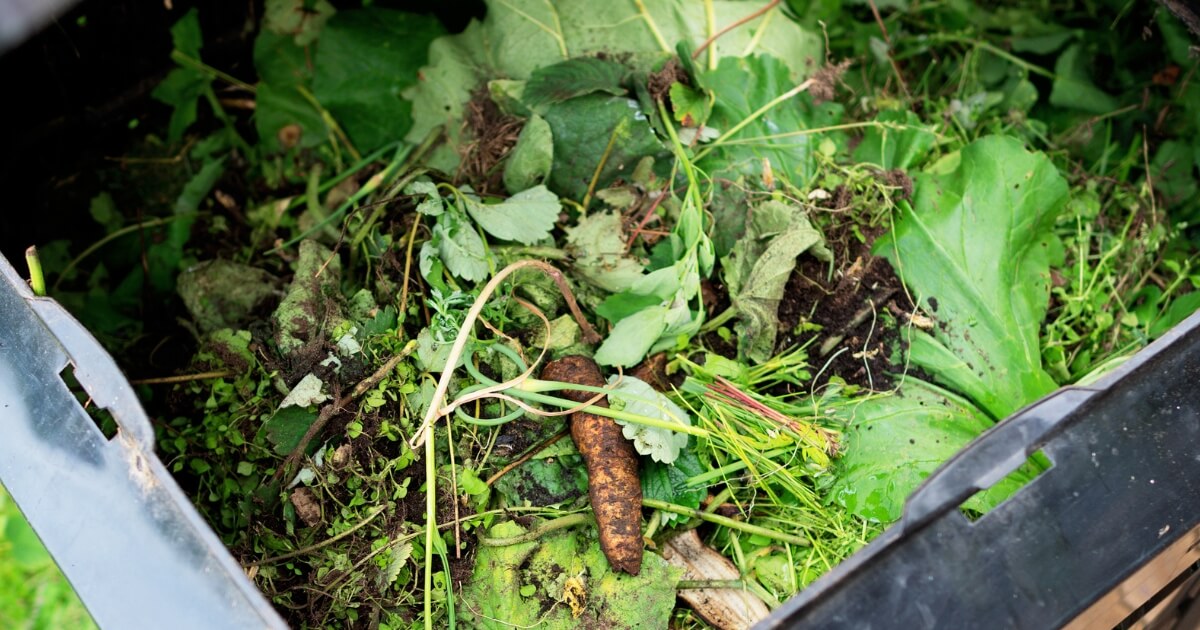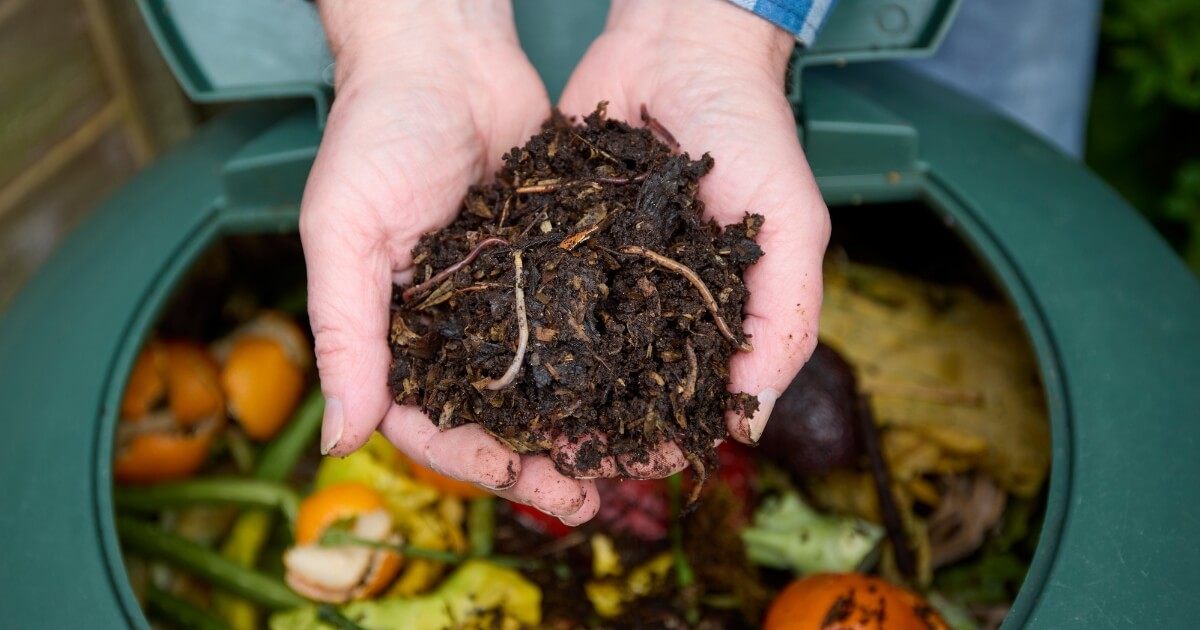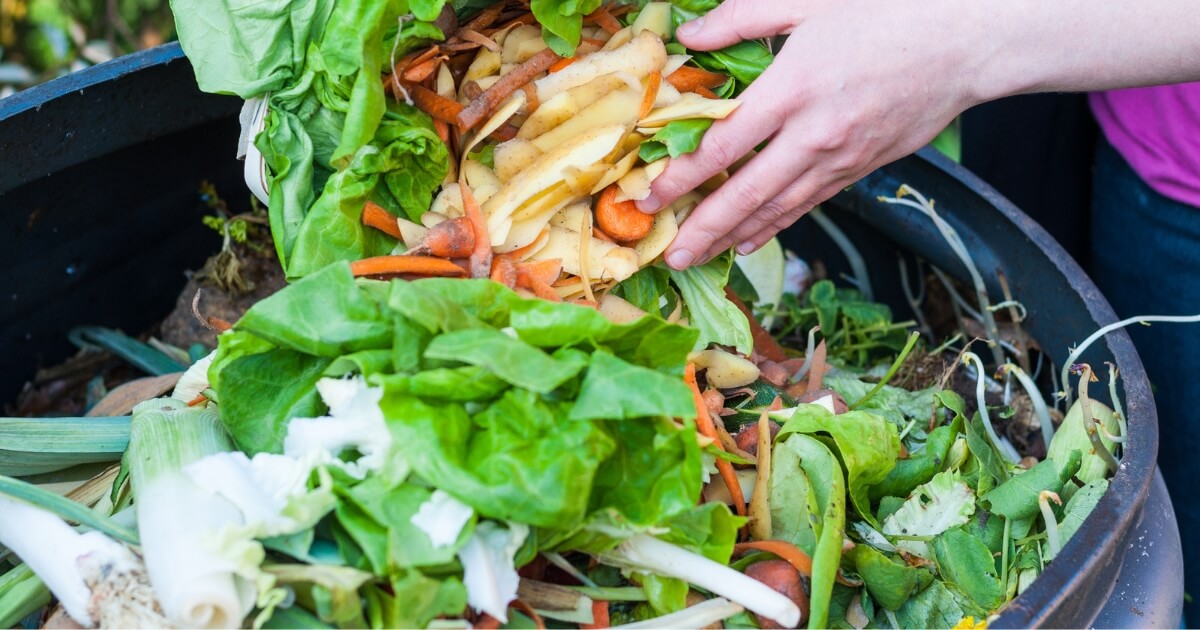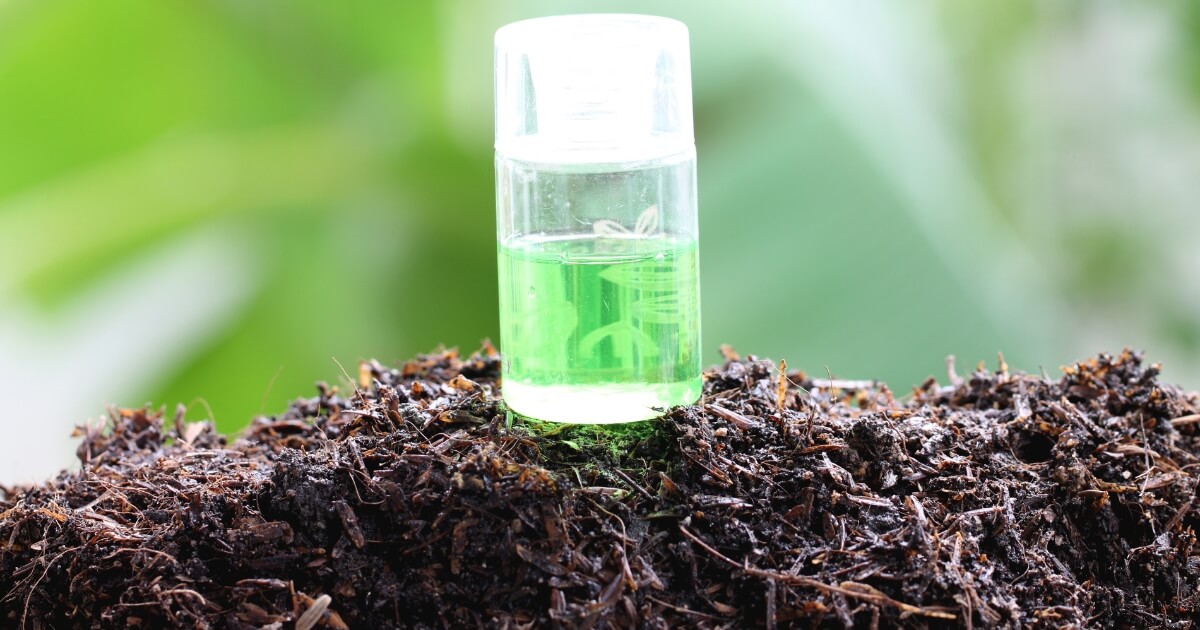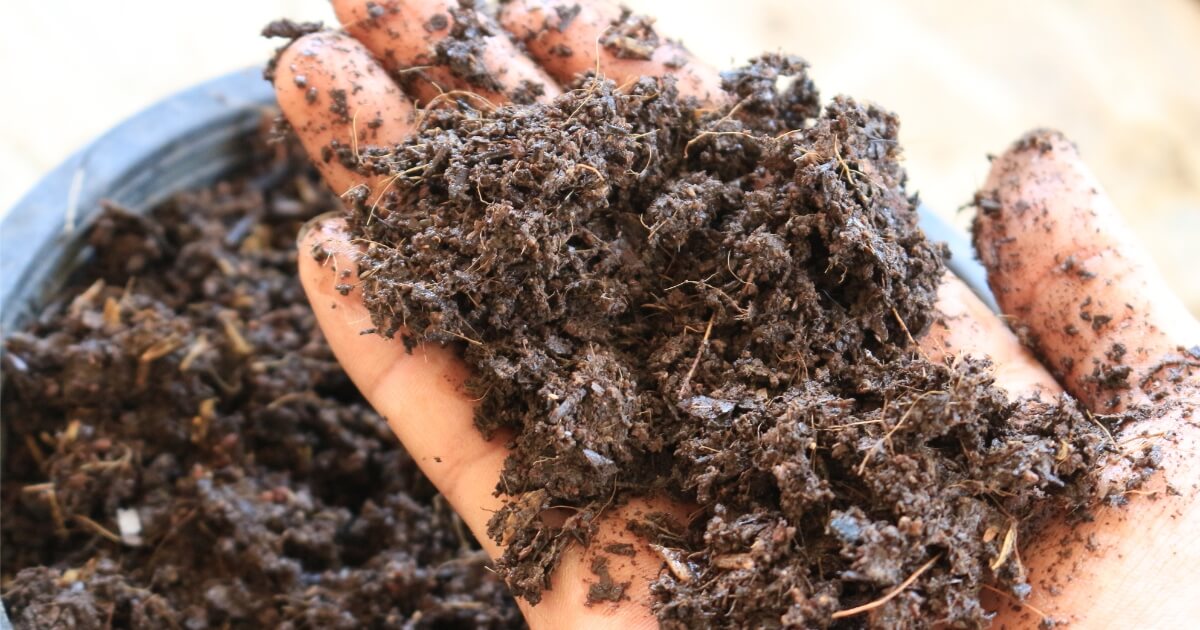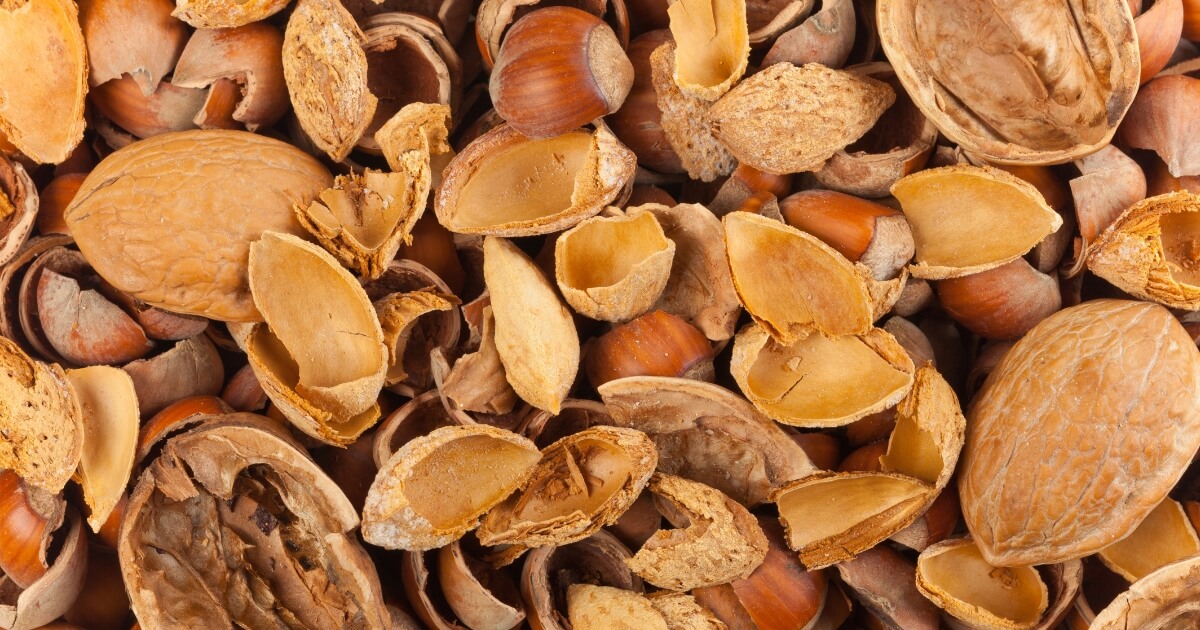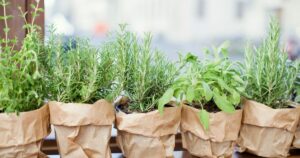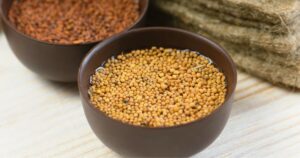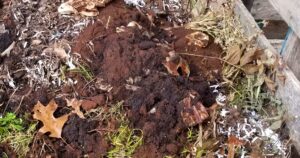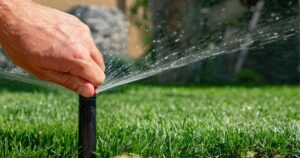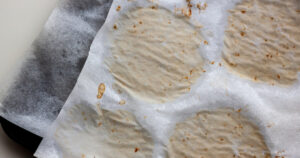Eggshells are compostable and bring many benefits to your compost pile, such as calcium, which is a key nutrient for plant growth.
Trying to figure out where they line up in your ingredient list? Eggshells don’t really fall into the traditional green or brown categories of compost materials. But they have other important minerals and proteins that help microorganisms thrive in your compost pile.
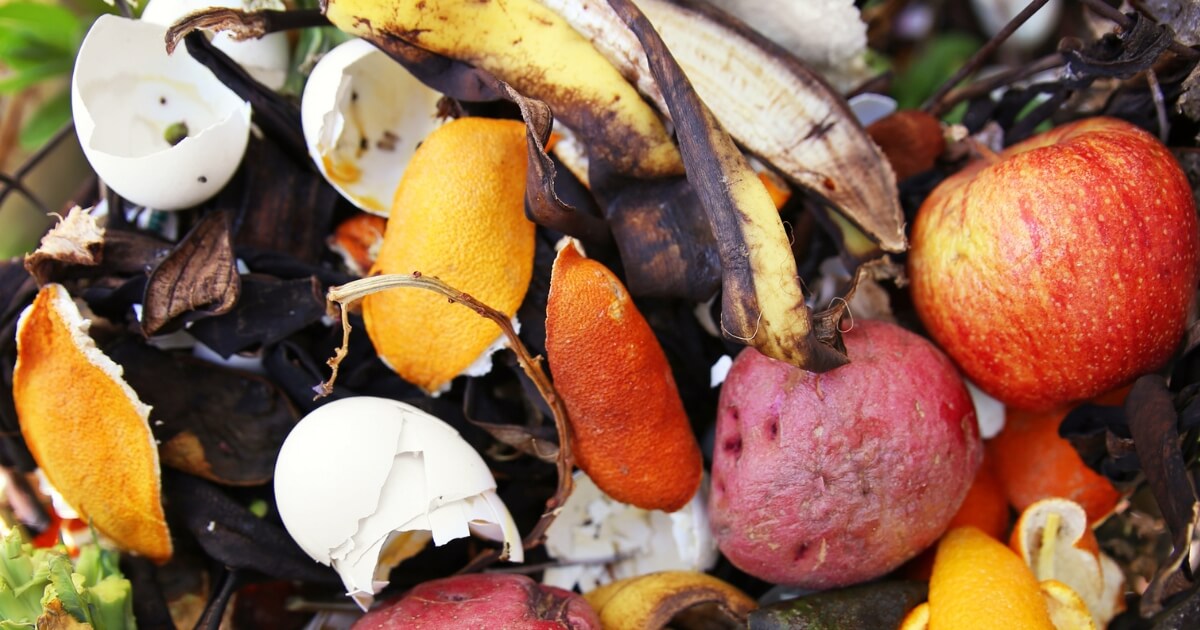
Before you toss them, consider these tips:
- Crush Them Up: Smaller pieces break down faster.
- Rinse Them First: This step isn’t mandatory but can help deter pests.
- Mix Them Well: Make sure that they are well-distributed to aid in even decomposition.
Patience is key with eggshells because they take a bit longer to decompose than other organic matter.
Is It Safe To Add Eggshells To Your Compost?
A common question is whether there’s a risk of salmonella. The good news is that the risk is minimal once your eggshells are properly prepared, meaning they’re rinsed and dried, as I’ll get to in a moment.
The composting process generates heat, which further helps kill off bacteria and pathogens.
If you’re still worried about bacteria, giving your eggshells a quick boil before drying them out can put your mind at ease. This extra step is like sending the shells through a mini-sanitization cycle.
Preparing Eggshells For Compost
Drying your eggshells helps zap any lingering moisture that could cause your compost to smell and attract unwanted pests or hang on to bacteria like salmonella.
Spread them out on a baking sheet and pop them in the oven on low heat for 10 minutes or so. Once they’re dry and brittle, they’re ready to be crushed.
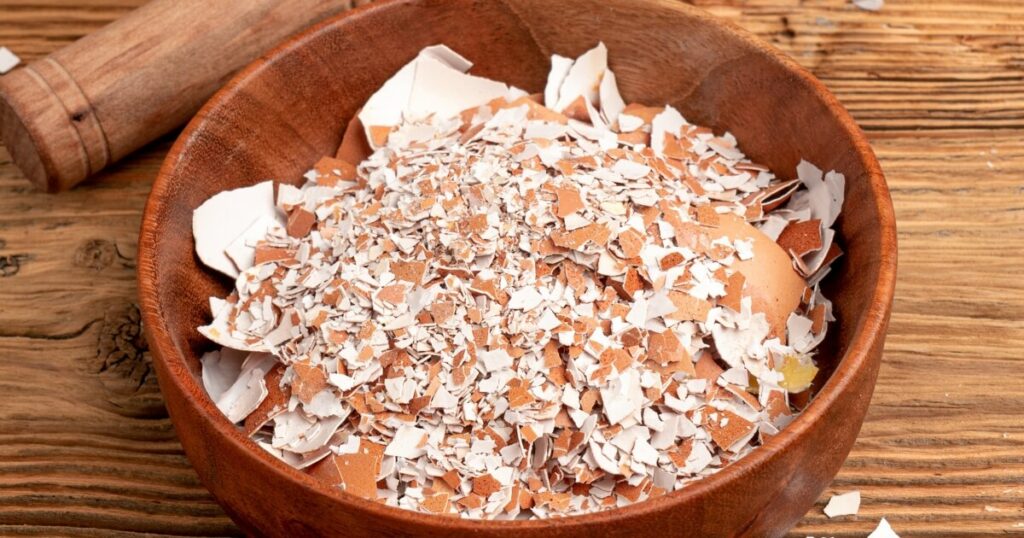
It’s best to crush eggshells before adding them to your compost to speed up their breakdown.
Since I save them in a plastic grocery bag in the freezer, I find it easiest to take them out and use a rolling pin to crush them.
The smaller the pieces, the quicker they’ll become part of that rich compost you’re after.
Composting Similar Items to Eggshells
When you’ve got the hang of composting eggshells, a few more calcium-rich scraps can take your compost game to the next level.
Crushed Bones: Just finished a roast and have some bones left? Like eggshells, bones add calcium to compost, which plants absolutely love. But remember, bones are much denser than eggshells, much more difficult to crush, and will take longer to break down. You might try adding them to your Bokashi fermenter to break down before adding them to your regular compost.
Shellfish Shells: Shrimp shells, crab shells, and even oyster shells can be beneficial for your compost. They’re another source of calcium and other minerals. As with eggshells, crushing these shells will speed up their decomposition process.
How To Compost Eggshells
Here are a few quick steps to composting eggshells the right way:
- Collect Your Eggshells: Save up those shells from breakfast or baking. Any amount is a good start.
- Rinse Them Off: Quick rinse under the tap to remove any egg white residue.
- Dry Them Out: Lay them on a baking sheet and dry them in the oven at a low temperature for about 10 minutes.
- Crush the Shells: Use whatever method you prefer to break them down into smaller pieces.
- Add to Compost: Sprinkle your crushed eggshells into the compost bin, mixing with other materials.
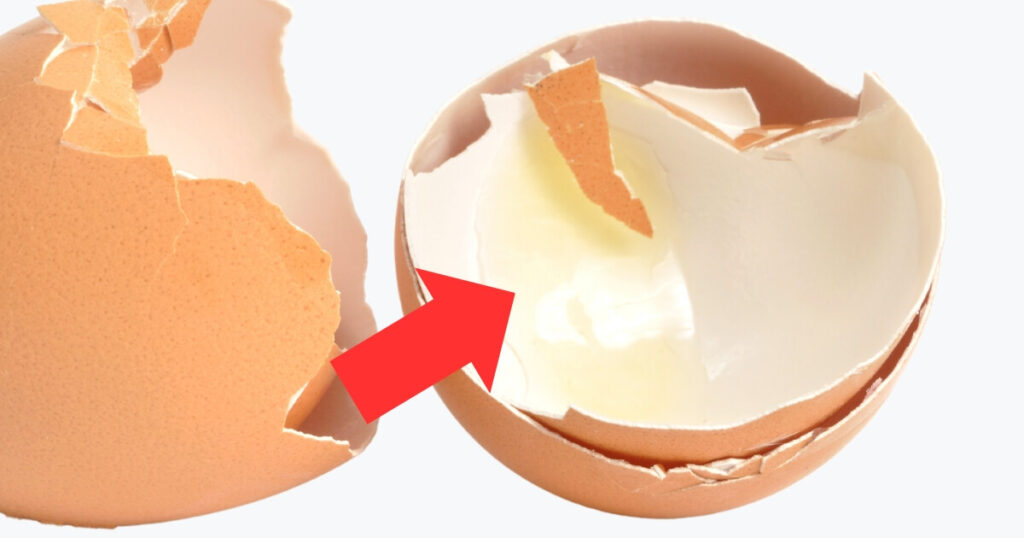
As for how many eggshells you should be tossing into your compost bin, moderation is key. You don’t want to overload your pile with calcium. A good rule of thumb is sprinkling in eggshells occasionally rather than dumping a whole carton’s worth at once.
Think of it like seasoning food. You add just enough salt to enhance the flavor without overpowering the dish. Similarly, adding just the right amount of eggshells can improve soil structure without throwing off the nutrient balance.
FAQs
How long do eggshells take to decompose in compost?
Eggshells can take several months to a couple of years to break down completely in compost. Crushing them into fine pieces before adding them to your pile can significantly speed up this process.
Do eggshells make compost acidic?
No, eggshells do not make compost acidic. In fact, they gradually release calcium carbonate, a natural antacid that can help neutralize overly acidic soil.
Can eggshells attract rats to compost?
Yes, unwashed eggshells with remaining egg residue can attract rats and other pests. Rinsing and drying them before adding to the compost minimizes this risk.
Are eggshells good for all plants?
Most plants benefit from eggshells’ calcium, particularly those prone to blossom-end rot, like tomatoes and peppers. However, some acid-loving plants may not require the extra calcium.
Can cooking eggshells reduce salmonella risk?
Cooking or baking eggshells at a high temperature can kill salmonella bacteria, reducing the risk of contamination when the shells are added to your compost pile.
